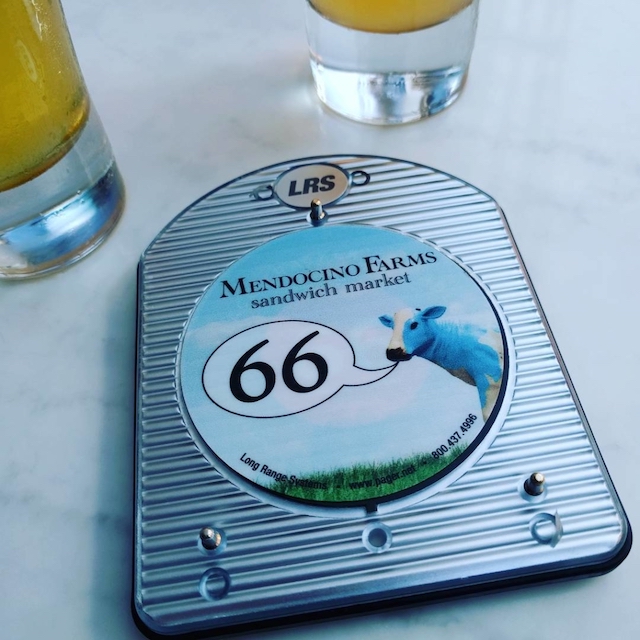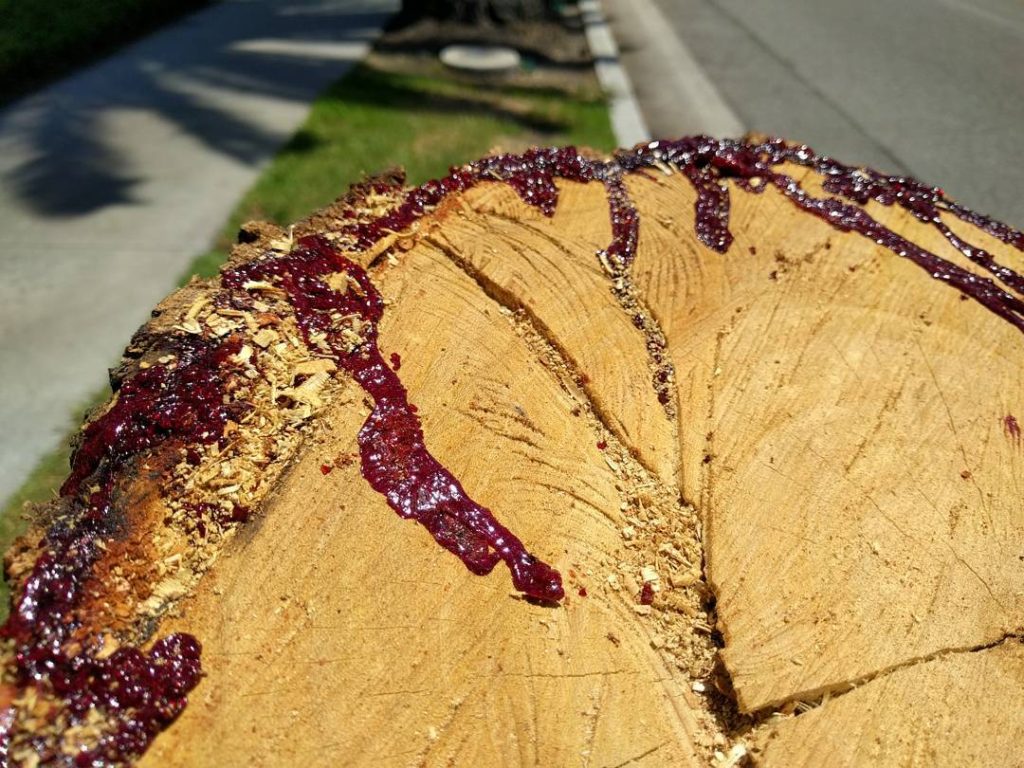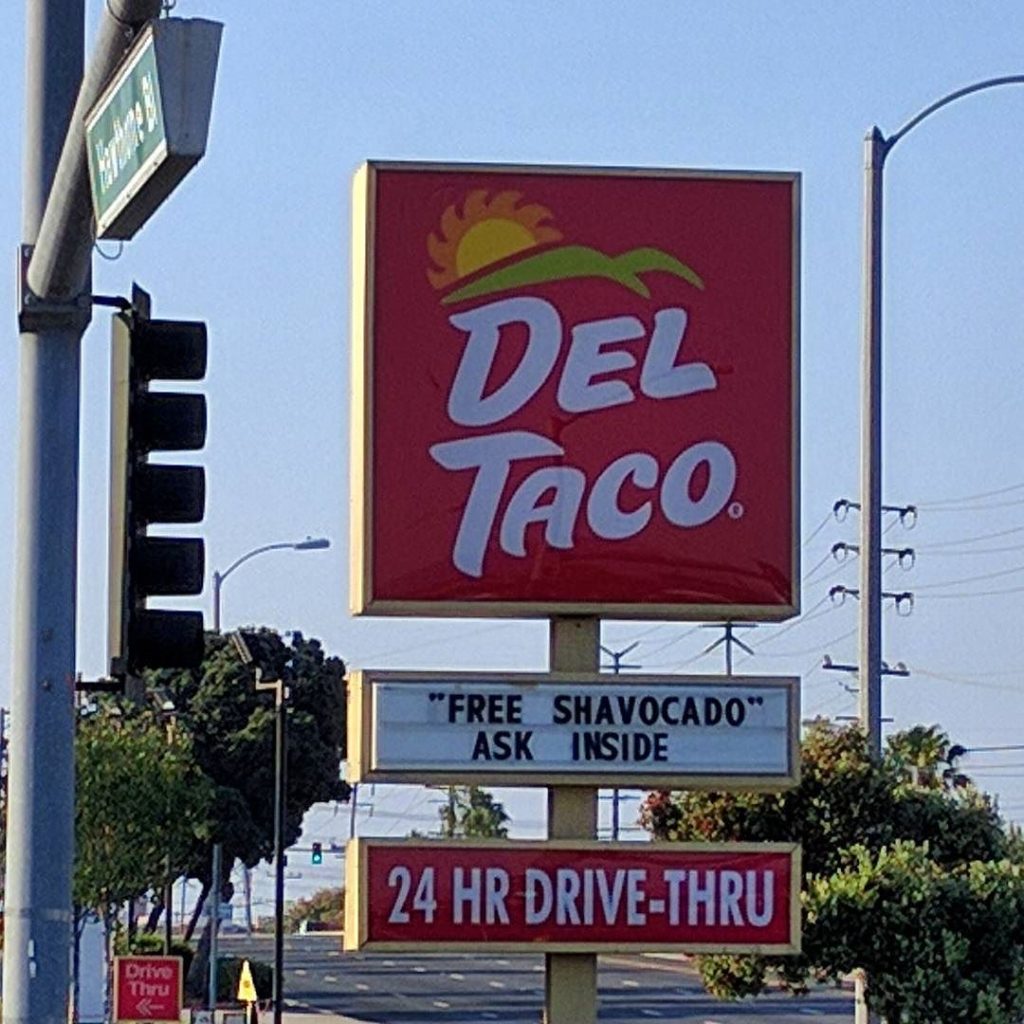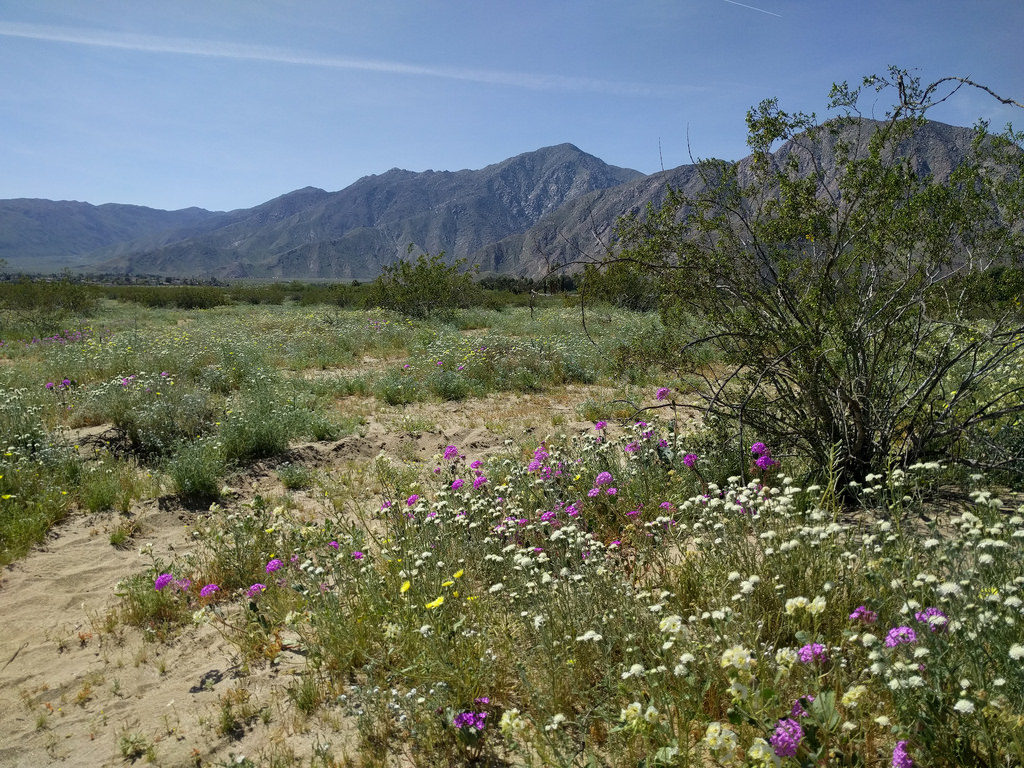The kiddo had a day off from school in mid-March, so I took a vacation day and we all drove out to the desert to see the spring wildflowers. After the endless suburbia of Los Angeles, northern Orange County, and Corona, we drove past hills green from the winter rains, then into the similarly-endless suburbs of Temecula. It’s been years since I took Highway 79 south, and the city has grown a lot, but after a few miles the strip malls and housing developments disappeared, the road shrank to two lanes, and we drove through green hills with oaks, bushes, and the occasional patches of poppies, mustard and lupins. Fences, dirt roads and gates indicated ranches and wineries. Continue reading
Category: Highlights
Science vs Magic–I Mean, Sufficiently-Advanced Technology
An odd contradiction: People are turning away from science as a way to understand the world, even though we keep using more and more advanced technology which is invented using that scientific knowledge.
What if it’s that, in terms of Clarke’s Third Law, the technology we use is sufficiently advanced that it might as well be magic?
It’s easy to understand how a toaster works. Electricity goes in and heats up the wires. Or an incandescent light bulb, or an internal combustion engine. Anything that’s primarily mechanical, you can understand intuitively: “Oh, this part moves that part, which moves that part, and then I kind of get lost, but eventually it gets to the wheels.”
But a computer chip? GPS navigation? Downloading and playing a game on a mobile phone? These things might as well be magic to most people who use it. At the consumer level, GPS is a black box that tells you where you are and how to get where you’re going. But underneath that, it’s satellites, relativity, radio transmitters, radio receivers, computer software, circuitry, mathematics, rockets, data transmission, traffic detection, mapping software…so many pieces that take some degree of studying to really understand.
If our technology is “magic,” it ceases to be a reminder that science works, and may even encourage belief in things that don’t have clear mechanisms and supporting evidence. The very success of science at making possible the technology we use everywhere could, ironically, be discouraging people from believing in it.
*I wrote this three years ago. I’m not sure why I didn’t post it at the time. All I had to do was tighten up the wording a little bit. And sadly, the situation hasn’t improved.
Still amused whenever I pull Order 66

Tree Blood

I’ve described sap as “tree blood” before, but this seems a little too apt.
There are a bunch of tipuana trees mixed in with the jacarandas and palms around the area where I work. (One fewer now.) They look a lot like jacarandas with yellow flowers instead of purple, though the leaves are a little bit wider and the bark is just a bit different. (They make just as big a mess, too.) Tipuanas look close enough that I actually mistook them for jacarandas until I saw them flowering — which, oddly enough, I haven’t seen any of them do yet this year.
And now I know that they have blood-red sap.
Free Shavocado!

This sign used to say FRESH AVOCADO. But for several years, it’s said something more like FRE SH AVOCA DO. I’m not 100% certain, but I think they may have actually moved the SH further from FRE and toward AVOCADO a few times…and now they’ve finally just added another E.
After I posted it to Instagram, a friend on Tumblr pointed out that the “Free Shavocado” tag already exists. I found a short video of the sign in its “FRE SH AVOCA DO” state, narrated by someone giggling and saying, “Come to Del Taco! They have free sha-VA-ca-doo!” Even funnier: The restaurant updated the corporate sign between then and now without correcting the spacing.
Or maybe that’s when they decided to “fix” the spelling instead!
Why would you risk eating out with a food allergy?
On every news story about someone who experienced a severe allergic reaction outside the home, there will be someone who says, “If it’s that dangerous, why would you even risk it? Keep your kid at home and make all their food yourself from scratch all the time!”*
Let’s think about this.
A car could kill your child. Today, tomorrow, years down the line. This is not a hypothetical. This is a fact, and it’s a risk that you live with.
Why on earth would you risk letting your child cross the street? Keep them at home! Don’t let them out of the house in case someone jumps the curb!
That’s…not exactly practical, is it?
You don’t keep your child inside 24/7 to avoid cars. You take them outside, with precautions. You teach them to stay on the sidewalk, cross at corners and crosswalks, and look for cars before crossing. You walk with them until they’re old enough to walk safely on their own.
You rely on drivers to follow the rules of the road…but you still look both ways in case someone’s distracted or feels entitled and plows through a red light anyway.
And then your children can live their lives out in the world instead of being frightened recluses who hide in the basement whenever a car goes by.
You can’t eliminate risk 100%, but you can manage it.
The exact balance is going to be different for each person with an allergy.** But it’s not unreasonable to expect the food industry to follow basic safety procedures to avoid cross-contact — and to not introduce a danger that wasn’t there to begin with.
—
*Even if you have the time to prepare every meal at home, there’s still the risk of mislabeling or cross-contamination in the supply chain. Right now, there’s an ongoing recall of baked goods produced with peanut-contaminated flour. A year ago, supplies of cumin were tainted with peanuts. That impacted everything from prepared foods down to bulk-bin spices. Everyone’s at risk with the massive listeria recall of vegetables, allergies or no.
**Heck, it’s different for each of my allergies, and I’m one person. I’ll cheerfully walk into a coffee shop that serves almond milk and soy milk, but won’t set foot in one of those burger places that plops a bin of peanuts on the table. Even with my Epi-Pen. That’s just playing live-action Frogger.
What makes online posts feel “permanent?”
Sophos reports that Facebook is testing a feature to hide new posts from your timeline so they don’t feel so permanent. Of course they’re still searchable until you actually delete them, so they’re still permanent in that sense.
What’s odd: Facebook posts don’t feel permanent to begin with, even though they effectively stick around forever.
Thinking about it, two things make an internet post feel permanent to me:
- Can I count on it sticking around?
- Can I count on finding it again?
Facebook, despite a lot of improvements over the years, is a mess. The newsfeed algorithm means you can’t just keep scrolling back. The timeline view isn’t reliably complete. Search is kind of a crap shoot. Don’t get me started on trying to find a particular old post on Twitter!
And that’s dealing with sites I can expect to stay online over time. A post on a forum, or a comment on someone else’s blog, or any social network could easily vanish in someone’s server crash or business shutdown.
If I can’t count on being able to find what I post a few years down the line, it feels like it’s temporary, even if it isn’t.
This is one reason that my Flickr portfolio feels more permanent than my Instagram photos: I can find them without resorting to third-party apps. If I want to find a particular photo on Instagram, I have to page down through my profile until I find it. On Flickr, I can find a 10-year-old photo of a fountain in seconds by searching for “fountain” and expanding the “Your photos” section of the results.
Then again, running my own site is only reliable as long as I can afford it. If something happens to me, and I can’t pay for hosting anymore, what then? I figure I’d simplify things down to where I could get a basic, super-cheap hosting plan. Make the blogs read-only so they can be served statically from a shared server or S3 bucket, or move them to WordPress.com, or just be willing to let them crash under load. But what if I’m incapacitated and can’t convert it? Or just plain not there anymore? If I really want to keep my corner of the web up “permanently,” I’m going to have to make a plan ahead of time.
Otherwise my carefully preserved photos, articles, and extended musings will be toast…leaving behind as context only broken links and all my supposedly (but not really) ephemeral offhand remarks on Twitter and Facebook.
